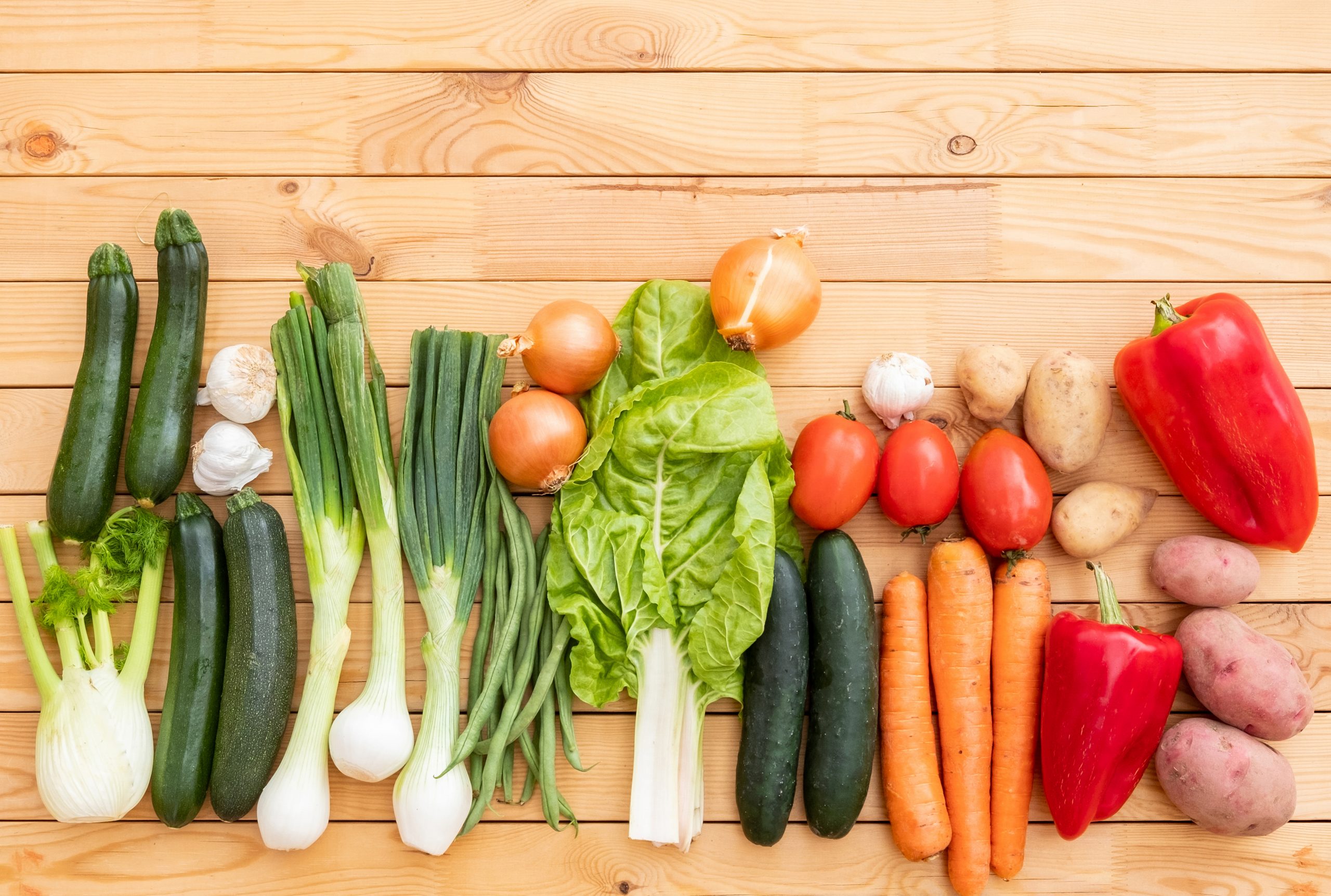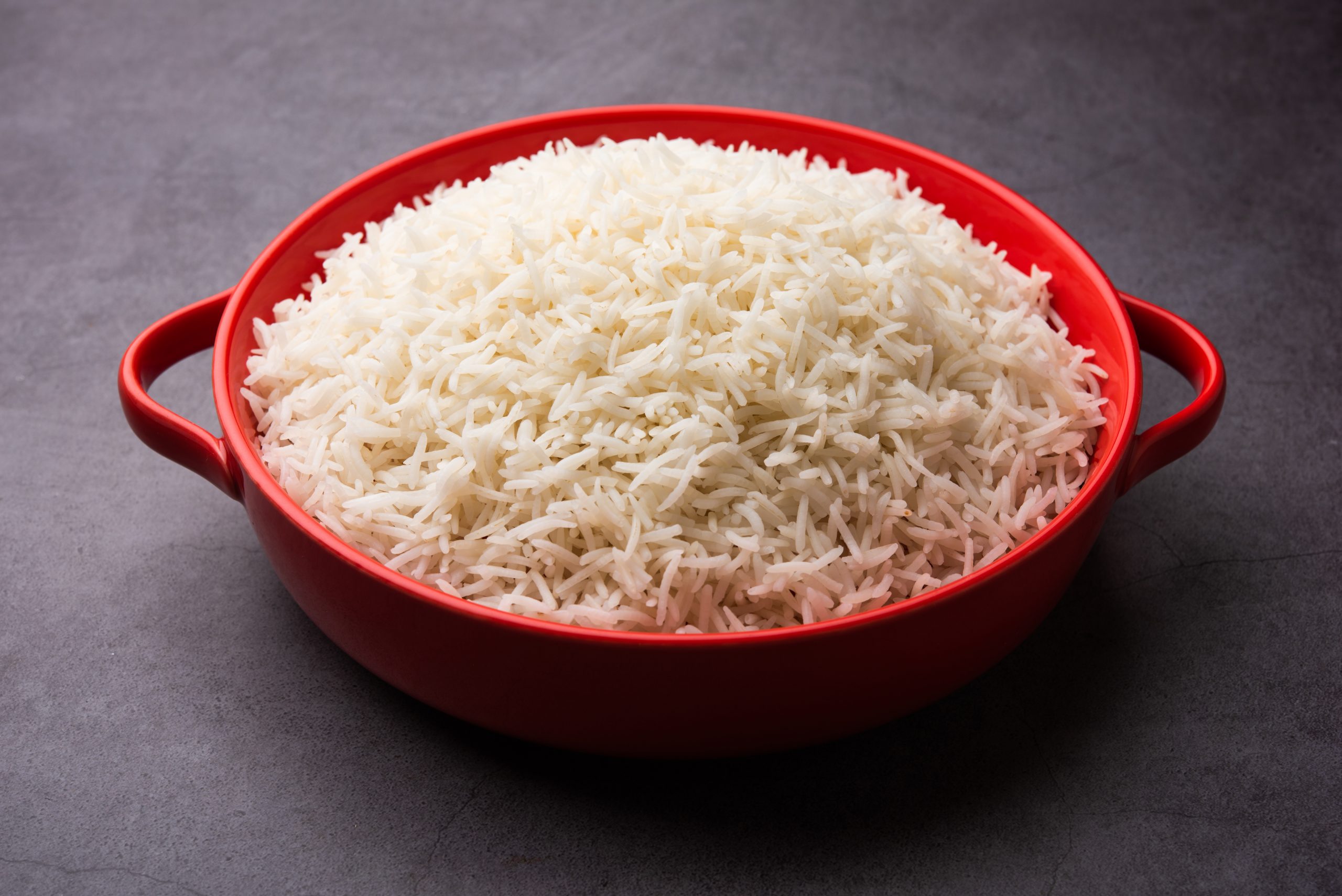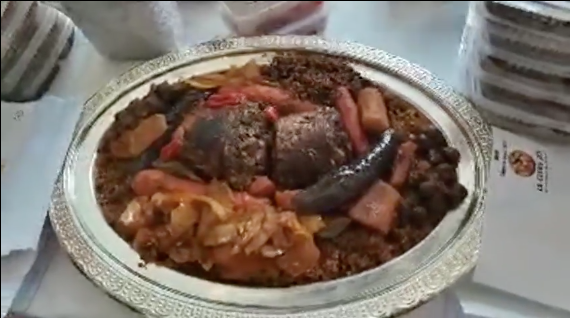AGRICULTURE
CAMEROON: The country institutes a “quality premium” for cocoa producers.

he Cameroonian Minister for Trade, Luc Magloire Mbarga Atangana, announced by circular letter the institution, as of the 2017/2018 campaign launched last Friday In the locality of Ntui (Center), a “quality premium” paid at the end of the marketing year to producers who marketed a cocoa recognized as such.
The bonus, allocated through the share of the royalty to the Cocoa and Coffee Sector Development Fund (FODECC), will be in addition to those normally granted by purchasers / exporters, with the stated aim of raising the Standard of this annuity product.
The government, according to Mbarga Atangana, “decided to mobilize the general mobilization, both on the domestic and international front” by reducing the amount of the export charge by 50% From 150 to 75 CFA francs per kilogram and to support, in a special way, the purchasing power of producers.
Thus, it was also announced that the system of group sales of cocoa by producers would be generalized and systematic use, at the time of price negotiation, of the reference prices published by the Information System for the sectors .
Similarly, the government has recently provided producers in the basins of the South-West and Littoral regions with modern drying ovens, in order to combat the smoke odor phenomenon negatively affecting the Cameroon label on the market And to equip other ponds in storage and consolidation warehouses.
As regards transparency and the fight against export fraud, measures are currently being implemented in the country, with the implementation of the E’force platform and reinforcement, coupled with the tightening of penalties To the temporary withdrawal of the declaration of existence and the professional card.
In terms of the main lines of action of the cocoa sector, the Cameroonian authorities have indicated that they have instituted the fair remuneration of producers, the continuation of the crusade against fraudulent exports, the intensification of the fight against the phenomenon of coxage “.
It is also a question of intensifying the promotion of the consumption of local cocoa-derived products, of extending the Marketing Organization Support Program (AOC), under the authority of the CICC, The continuation and strengthening of all the programs and projects carried out by the Interprofessional Cocoa and Coffee Council (CICC).
Cameroon, it is recalled, aims to produce 600,000 tons of cocoa by 2020, compared with some 250,000 tons today, of which 32,128 tons are processed locally.
Source: APAnews
AGRICULTURE
WORLD FOOD – Poor countries to cut food imports

Even if world production of maize, milk or meat is expected to increase in 2023, food imports from the poorest countries are expected to fall because of the still high price of certain commodities, warned FAO on Thursday 15 June 2023.
While high-income countries will continue to import more, the bill for the 47 least-developed countries, mainly located in Africa, is expected to fall by 1.5% this year, the Food and Agriculture Organization (FAO) in its bi-annual “Food Outlook” report.
This decline is expected to be even more pronounced, reaching nearly 5% in net food importing developing countries, such as Tunisia, Egypt and Pakistan.
The decline in food import volumes in these two groups is “a worrying development”, and suggests a decrease in their purchasing capacity, according to FAO.
Even though oil or grain prices have come down since the peak reached in March 2022, after the invasion of Ukraine, they remain at high levels today. And those of fruits, vegetables or dairy products continue to advance, “curbing demand” especially in vulnerable countries.
“These concerns are amplified by the fact that the fall in international prices for a number of basic food products has not translated, or at least not completely, into a fall in prices at the national retail level,” stresses the FAO.
Globally, spending on food imports is expected to set a new record in 2023, although it is expected to “grow at a much slower pace than last year”.
After a jump of 18% in 2021 and 11% in 2022, the bill should increase by 1.5% to reach 1.980 billion dollars.
At the same time, production of rice, coarse grains (maize, sorghum), oilseeds, sugar, milk or meat, with the exception of beef and pork, is expected to increase in 2023/24.
Coarse grain production is expected to increase by 3% to 1,513 million tonnes, a “new record” driven by a crop expected to peak in Brazil.
Wheat, on the other hand, is expected to fall by 3% after the previous season’s record (777 million tonnes), due to a lower harvest in Russia and Australia.
“Despite these generally positive prospects, global food production systems remain vulnerable to climate, geopolitical or economic shocks,” FAO warned.
AGRICULTURE
MADAGASCAR – Imports of milled rice increased 18% to 744,846 tonnes in 2022

Madagascar is the third largest paddy producer in Africa behind Nigeria and Egypt. The country targets self-sufficiency in milled rice, but the challenges for the productive apparatus are still numerous.
In Madagascar, rice imports totalled 744,846 tonnes between January and December 2022. The Rice Observatory (ODR) reports this in its latest monthly newsletter. The volume announced shows an 18% increase over the 629,414 tonnes recorded a year earlier.
According to the public body, this year-over-year growth in cereal purchases on the international market was supported by the government’s implementation of a policy that “was intended to encourage operators to pursue imports in order to limit the increase in local rice prices”.
As a guide, the average retail price per kilogram of locally produced milled rice rose 2% in one month to 2,657 ariarys ($0.61) in December 2022, while imported rice traded at 2,523 ariarys over the same period ($0.58).
Behind the rise in domestic prices, The lack of local paddy supply resulting from a 6% to 4 million tonne drop in production during the 2021/2022 rice season due to the severe drought that delayed the start of the growing season.
As a reminder, Madagascar produces about 80% of its bleached rice consumption needs.
Stéphanas Assocle (Intern)
AGRICULTURE
MAURITANIA: €9 million for food security and agriculture

On Tuesday, 09 February, Mauritania signed two financing agreements worth €9 million with the Agence Française de Développement (AFD). These funds will help the country improve food security and enhance the role of women in agriculture.
On Tuesday, 9 February 2021, Mauritania and AFD signed two financing agreements worth €09 million for food security and agriculture. 500,000 euros of this amount will be dedicated, according to a statement, to the diversification of the gender in the agricultural field. The remainder is intended to improve food security and enhance the role of women in agriculture in the Gorgol and Guidimakha regions.
On the occasion of the signing, the Mauritanian Minister of Economy and Productive Sectors, Ousmane Mamoudou Kane, declared that these agreements provide for the supervision and organization of production cooperatives, support for the marketing and development of the structures of the National Society for Rural Development (SONADER). The French ambassador to Mauritania, Robert Moulié, explained that this funding is intended to enhance the rural capacities of women in their environment and to strengthen support for the project for the consolidation of food security.
2500 farmers in the municipalities of Gouraye, Ghabou, Nere Walo, Djowel, Tokomadi, and Tifounde Cive are concerned by this funding, which is the second phase of an ASARIGG agricultural project initiated in 2018. In addition, the financing will make it possible to develop and equip 11 irrigated areas for rice production and 10 market gardening areas managed by women to improve their agricultural production. It is also planned to establish a rapid action component to restore 350 ha of degraded land and promote agroecological practices in six territories for the benefit of the 25000 inhabitants of the area.
-

 EAST AFRICA1 year .
EAST AFRICA1 year .TANZANIA – President meets with Chairman of the Board and CEO of the Merck Foundation
-

 CULTURE1 year .
CULTURE1 year .AFRICA – African writers and artists celebrate the 20th anniversary of the African Union
-

 BUSINESS8 months .
BUSINESS8 months .GUINEA – Authorities demand repatriation of mining revenues
-

 CULTURE3 years .
CULTURE3 years .SENEGAL – “Sadik Lady” by Viviane Chidid
-

 CULTURE1 year .
CULTURE1 year .SENEGAL – Massamba Guèye wants to democratize the story
-

 IMMIGRATION9 months .
IMMIGRATION9 months .AFRICA – Migrant smuggling brings 59 billion CFA francs to smugglers per year
-

 CULTURE2 years .
CULTURE2 years .SENEGAL – Thiéboujeun inscribed on the World Heritage Site
-

 MOROCCO1 year .
MOROCCO1 year .MOROCCO – The King of Morocco Mouhamed VI finally in Dakar, tomorrow Tuesday



